MSc - Marine and Coastal Ecology
If you're passionate about protecting our oceans and coastlines, this one-year taught MSc in Marine and Coastal Ecology will give you the advanced knowledge and practical skills you need to make a real impact. You’ll explore the complexity of marine ecosystems and learn how to tackle the global challenges facing coastal and marine environments.
Throughout the course, you’ll engage with both local and international case studies—diving deep into areas such as the Solway Firth, Morecambe Bay, and the Irish Sea, while also expanding your understanding to regions including North America, the Caribbean, the Middle East, and the Asia-Pacific.
Students studying the Tropical Marine Ecology module will be able to participate in a 7-day international field trip to a tropical marine location to apply practical skills learned over the programme, participate in a group research project, snorkel and SCUBA dive.
You’ll combine essential theoretical learning with hands-on experience, preparing you for a career in marine conservation, resource management, environmental consultancy, or policy development. Key themes include marine ecology, fisheries management, pollution control, marine spatial planning, and research skills. By the end of the course, you’ll be equipped for both professional and academic roles in the field of marine and coastal ecology.
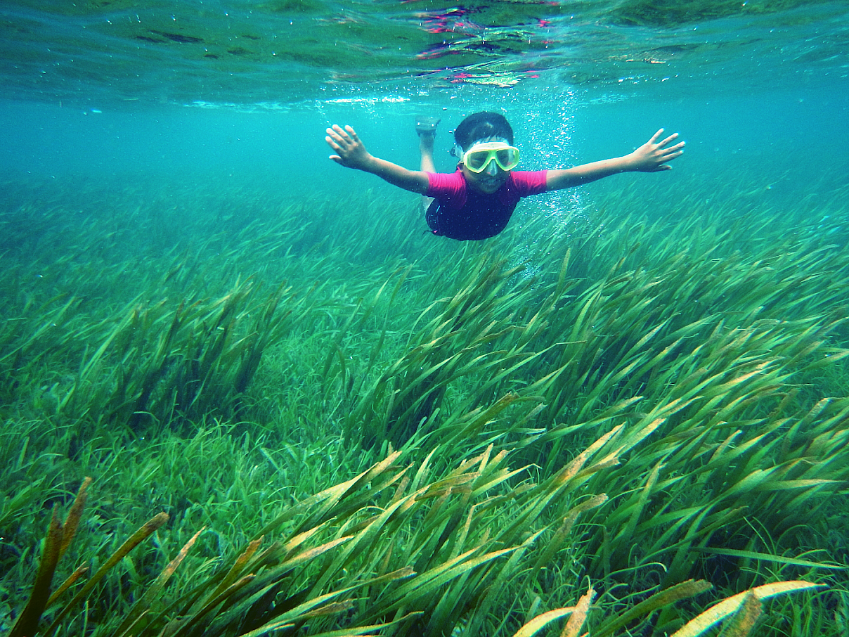
Course Overview
This MSc offers a rare opportunity to study marine and coastal ecology in a stunning real-world classroom—right on the edge of the Solway Firth and Irish Sea—while gaining globally relevant skills that will prepare you for a career anywhere in the world.
On this course you will...
- Study marine and coastal ecology in one of the UK’s most ecologically diverse coastal regions. With access to the Solway Firth, Morecambe Bay, and the Irish Sea, you will benefit from hands-on learning in estuaries, intertidal zones, salt marshes, and temperate reefs right on the university’s doorstep.
- Gain a global perspective with local application. This programme combines international best practice in marine science and conservation with real-world application to UK and Cumbrian ecosystems, preparing you to work on coastal and marine issues anywhere in the world.
- Be equipped with the practical skills, ecological knowledge, and critical thinking needed for careers in conservation NGOs, government agencies, environmental consultancy, and academia.
- Learn from an interdisciplinary and research-driven curriculum. The programme integrates ecology, oceanography, GIS, fisheries science, and marine policy, with opportunities to develop research proposals and undertake field- or lab-based dissertation projects on issues that matter to communities and ecosystems.
- Access expert faculty and collaborative networks. You will learn from a team of experienced researchers and practitioners with international backgrounds in marine conservation, supported by the University’s growing network of partners in academia, conservation, and environmental consultancy.
- Travel to a tropical marine location where the skills gained on the course will be put into practice, with a research project, snorkelling and SCUBA diving in a beautiful tropical location.
Marine and Coastal Ecology
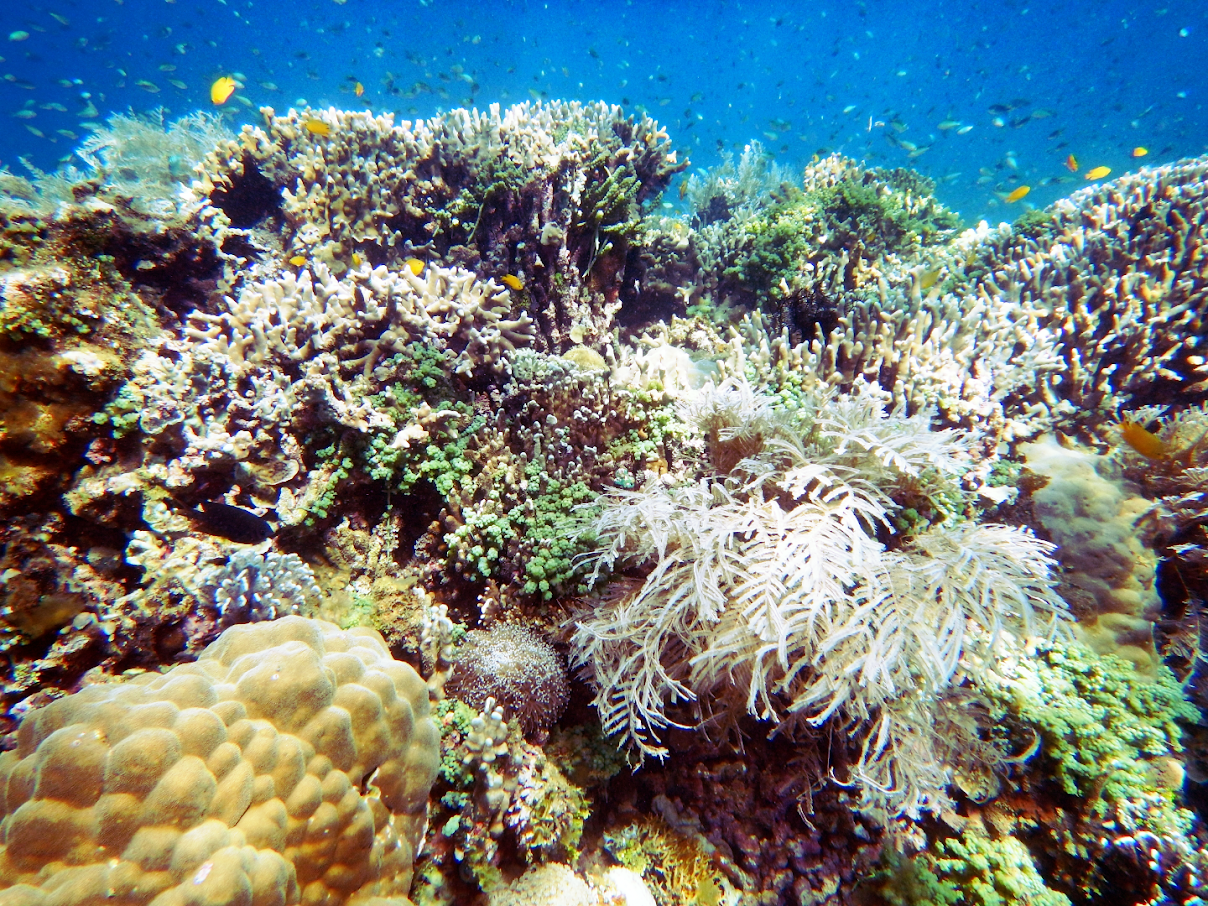
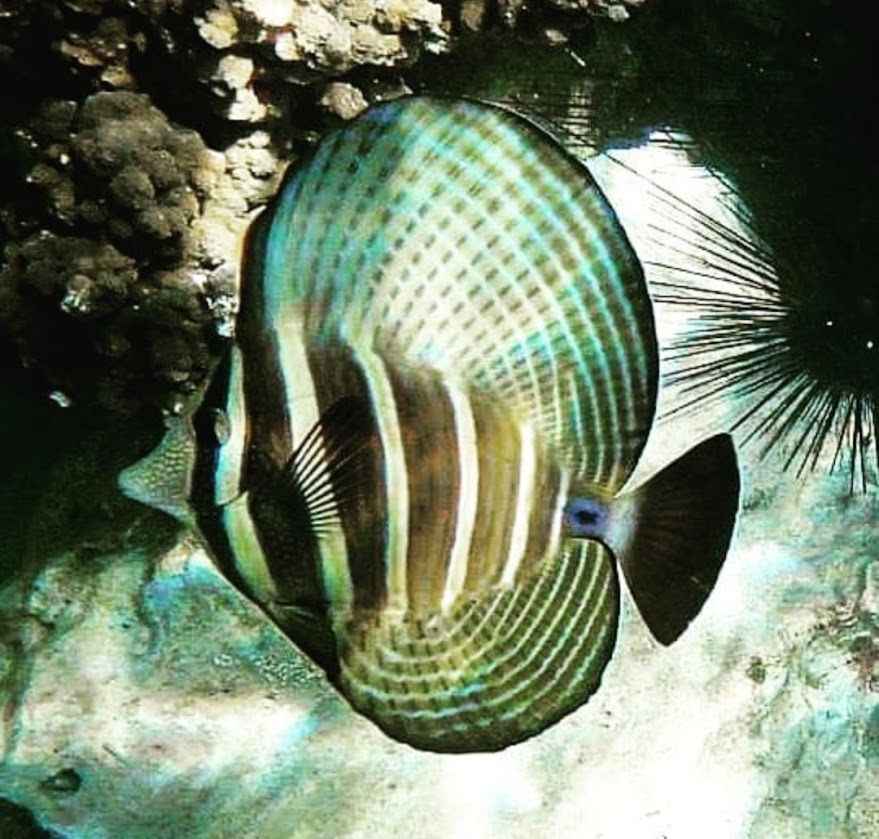
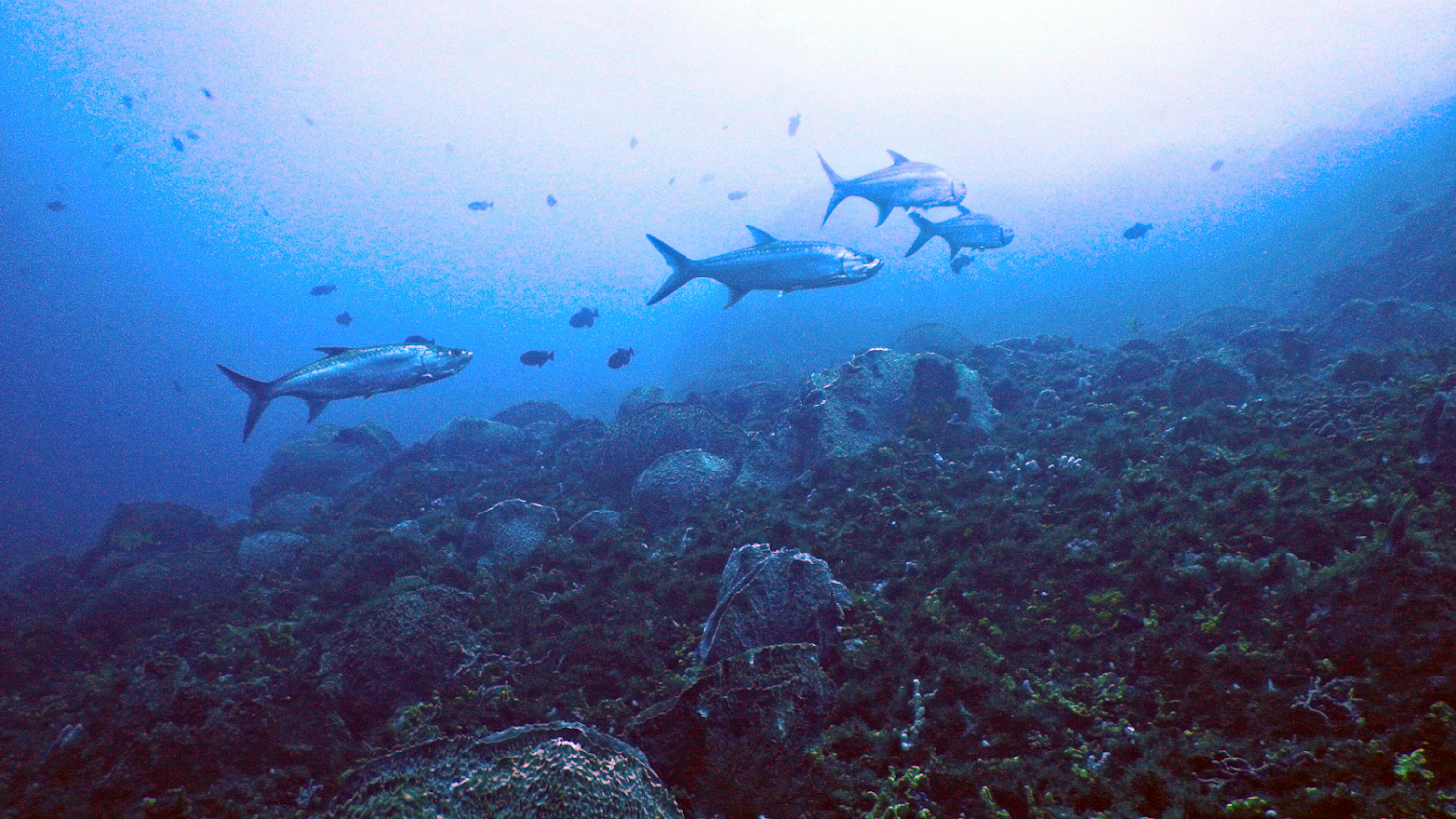
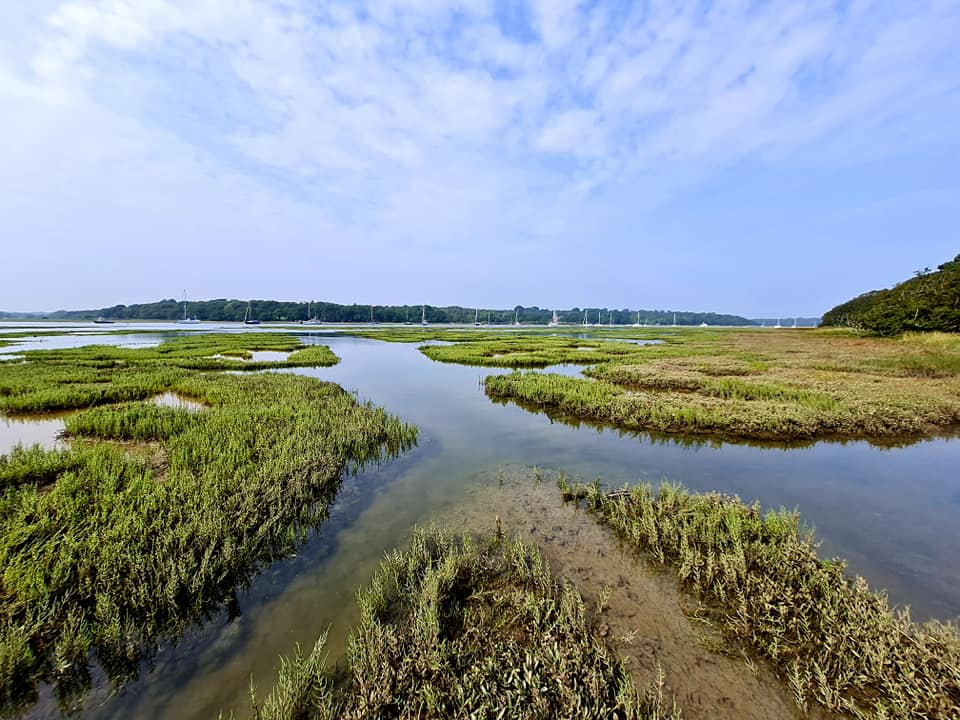
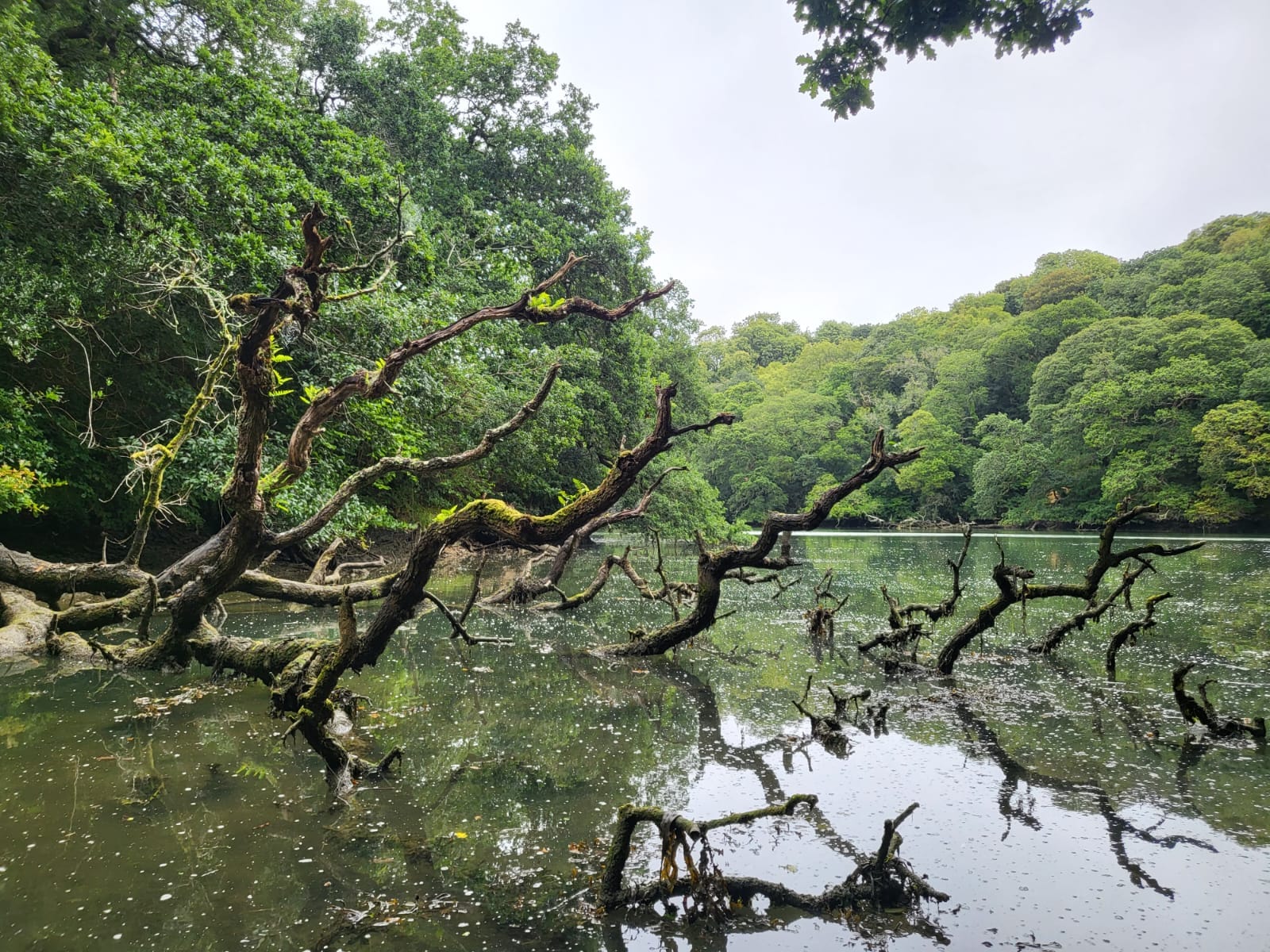
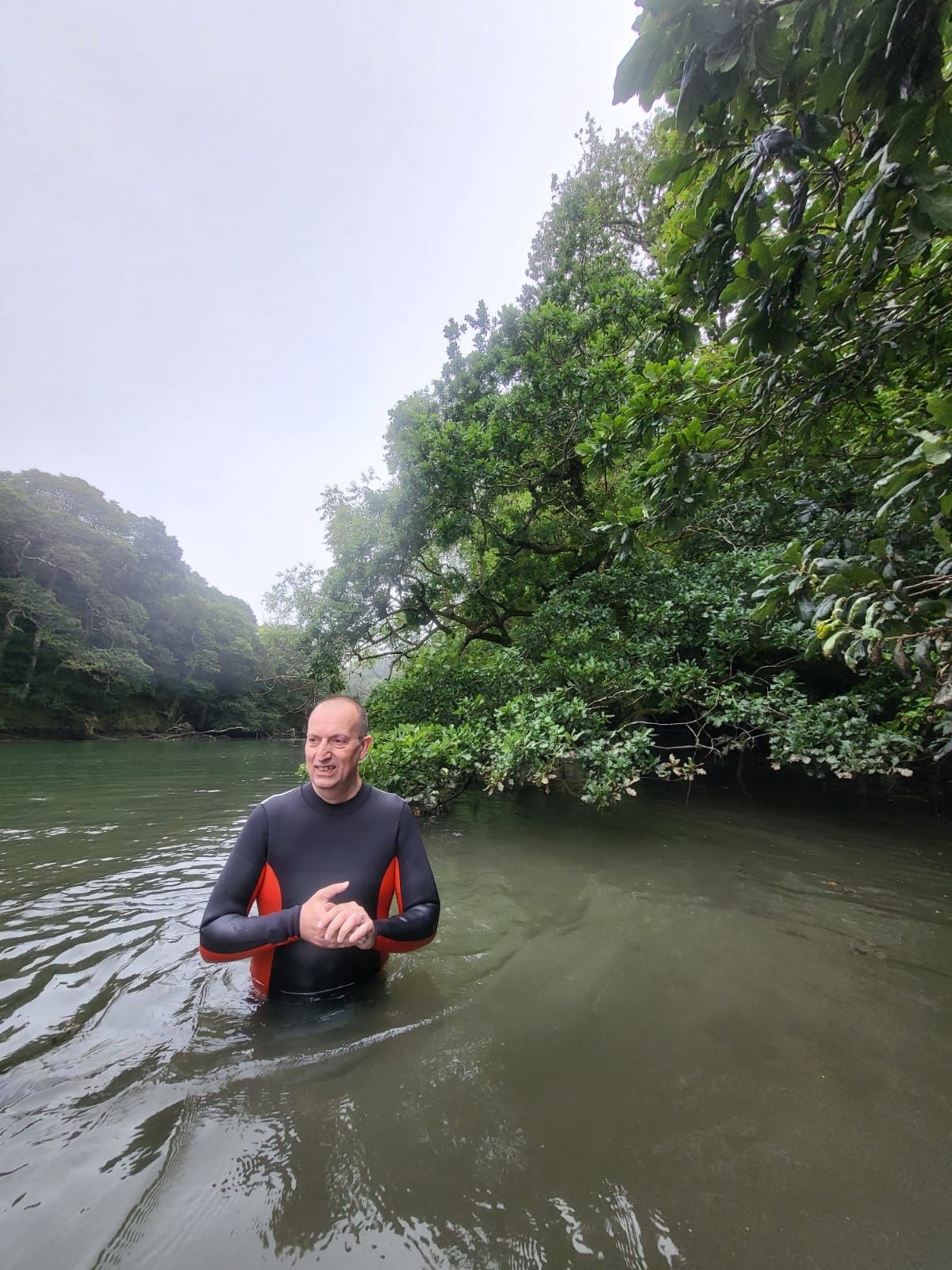
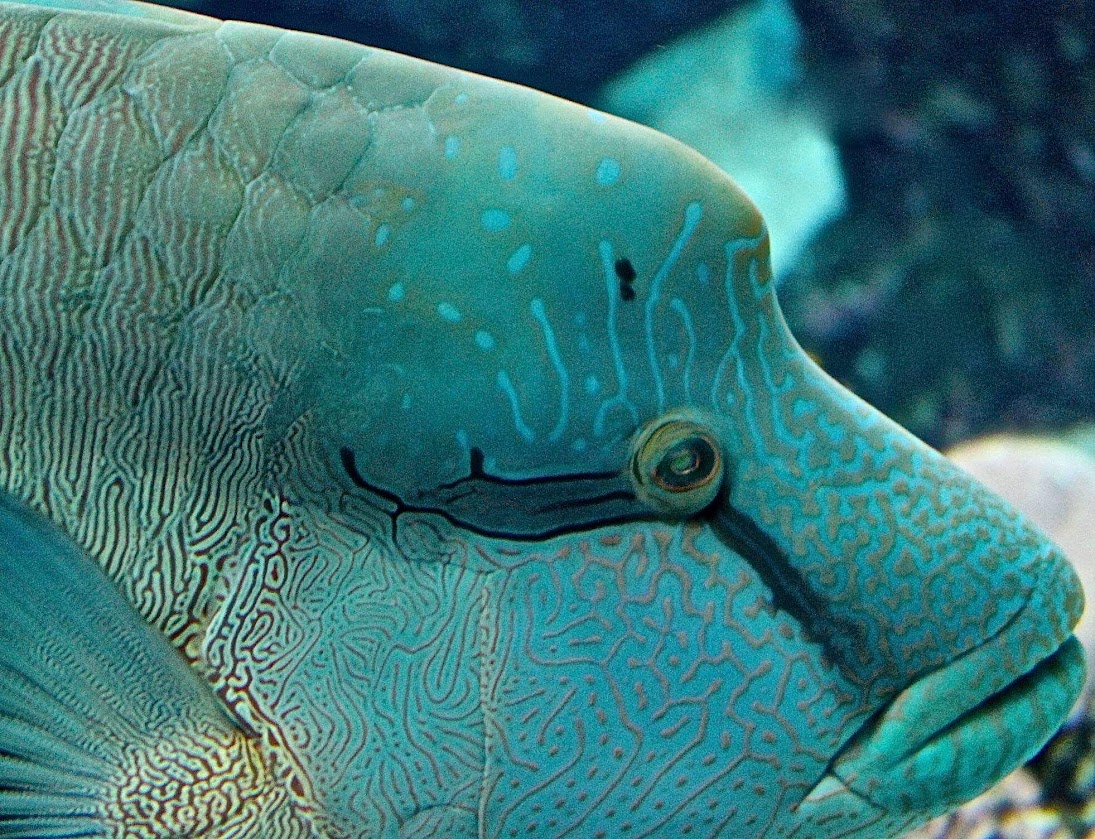
Location
Carlisle - Fusehill Street Campus
The Fusehill Street campus has been the setting of life-saving treatments since World War I. Now, it's home to world changers, life-savers, crime fighters, and entrepreneurs with access to high-quality facilities and innovative thinking.
Find out more
Find out more about studying with us
Attend an Open Day at Cumbria
An Open Day is your opportunity to explore one of 5 campuses, meet your lecturers, and find out how the University of Cumbria could become your new home.





